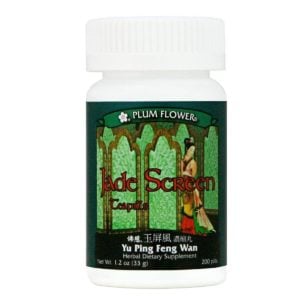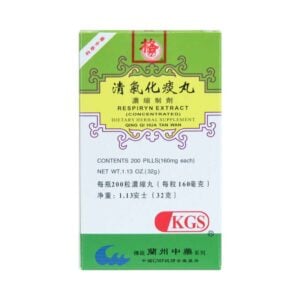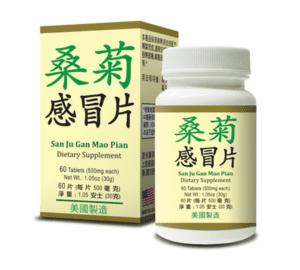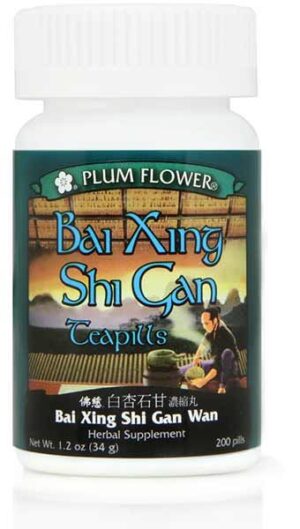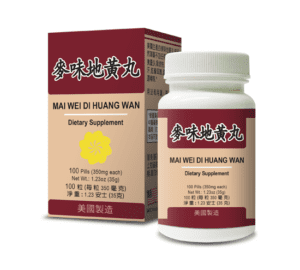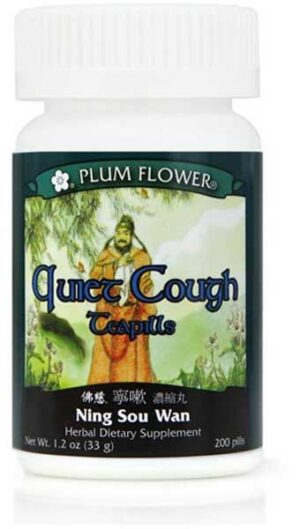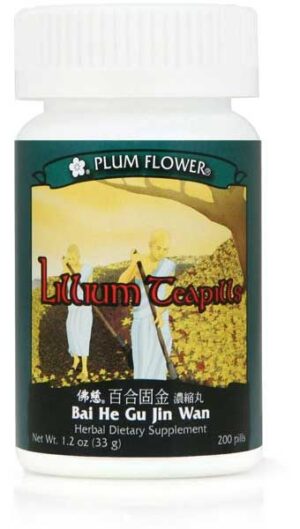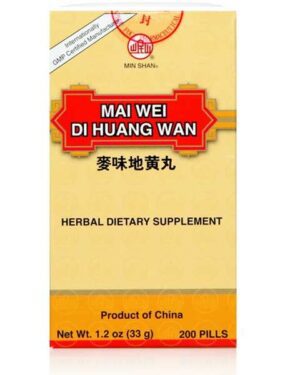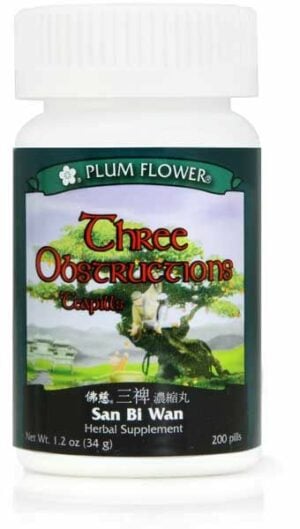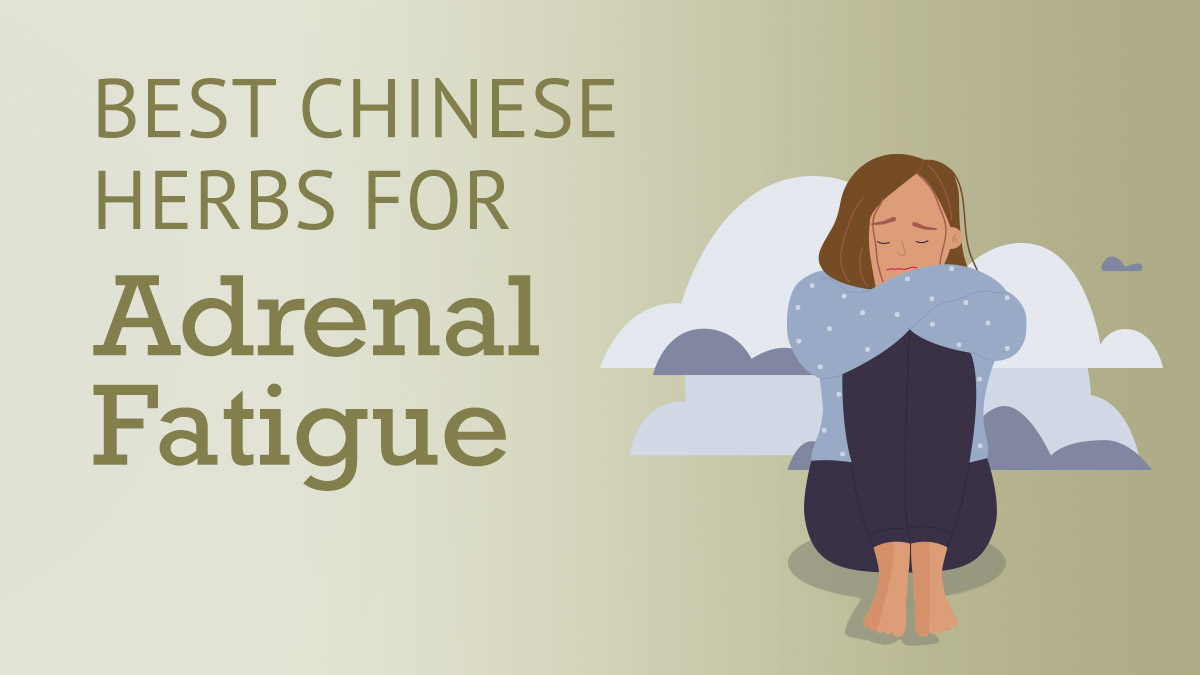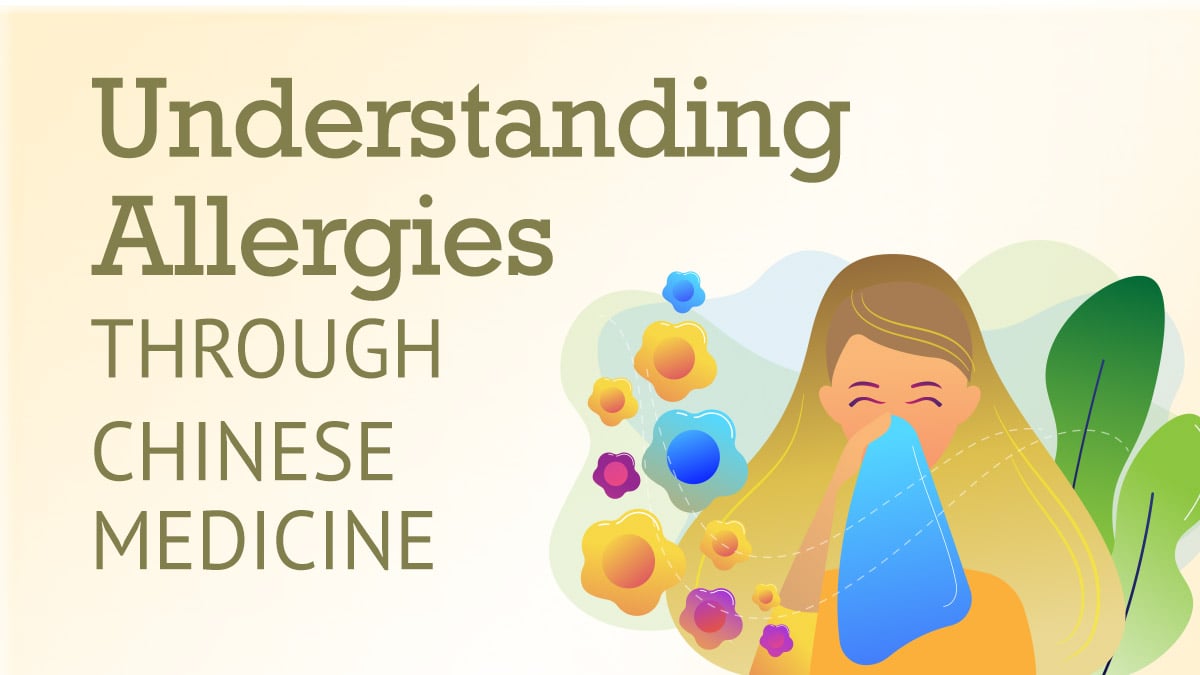Best Chinese Medicine Basics: The Lung System
Chinese medicine views the organs not as separate entities, but as connected physical, chemical, and energetic networks. Here, we’ll dive deeper into the Chinese medicine concept of the Lung system and how we can use herbal medicine to boost lung health.
(Note: we will capitalize “Lung” when discussing the Chinese medicine Lung system to differentiate from the general organ of the lung.)
The Lung: Overview & Associations
The main functions of the Lung system in Chinese medicine is to regulate the body’s qi, defend the body from external pathogens, and to connect to the outside world.
Element: Metal
Color: White
Emotions: Grief, sadness
Movement: Downward
Sense Organ: Nose
Paired Organ: Large Intestine
Western Associations: respiratory system, sinuses, immune system
Other Associations: the skin, body hair, body fluids
Common conditions: cough, asthma, allergies, sinusitis, grief, depression, inner arm pain, fatigue.
The Lung Organ System
The Lung in Chinese medicine has many of the same functions as our Western medicine understanding of the lung, most obviously our breath! The Lung is responsible for taking in oxygen and managing the entire respiratory system.
Each organ in Chinese medicine has a match, and the Lung is paired with the Large Intestine. Together, these two organs help to expel and eliminate waste – the Lung expels carbon dioxide, moisture, and pathogens, while the Large Intestine expels our digestive waste. Many chronic respiratory or digestive issues are rooted in Lung and Large Intestine imbalances.
The Lung organ is also closely associated with the skin. When we experience itching, dry skin, or other inflammatory skin conditions, we consider what imbalances might be affecting the Lung. The Lung system also regulates issues tied to fluids such as sweating and swelling.
In addition to the exchange of oxygen, the Lung also creates a boundary between the inner and outer world. It both connects and protects us from our environment, physically and emotionally. It represents boundaries, connection to the outside world, and renewal. The Lung and Large Intestine are often associated with emotional experiences like trouble “letting go,” sadness, grief, and lack of clarity.
The Lung Channel (Lung Meridian)
Each organ in Chinese medicine is associated with an energetic channel where qi travels along the body, closer to the surface of the skin. These channels create a web of connections and are how acupuncturists “tap” into the body’s energetic system to stimulate change.
The Lung Channel starts in the lung organ, then surfaces to the chest and shoulder, travels along the inner arm, through the elbow, to the wrist, and ends at the tip of the thumb.
Points along the Lung Channel can be used to address respiratory issues, sinus issues, skin conditions, sadness and depression, pain along the arm or shoulder, and other symptoms.
Our Best Chinese Medicine Favorites for Lung Health
The Lung system is complex. As such, there are a wide variety of formulas designed to treat very specific imbalances in our lungs! Getting the right lung formula for you can be tricky, so be sure to consider your symptoms carefully and reach out to a Chinese medicine herbalist for the best recommendation.
Bu Fei Wan is a Lung tonic. It helps to restore the strength and vitality of the lungs in cases with chronic cough or long-standing lung weakness.
Yu Ping Feng San is a famous preventative formula that helps strengthen one of the Lung’s most important functions in Chinese medicine: defense. This formula boosts the Lung and the immune system to prevent frequent colds and flus.
One of the most frustrating Lung conditions is sinus and chest congestion and allergies. Bi Yan Pian helps to clear Lung blockages and open up the airways. For sinusitis, add Chuan Xin Lian to cool inflammation.
Best Chinese Medicine Supplements for Lung Health
Ready to boost your lung health? Shop our full collection of Chinese herbal formulas for better respiratory and immune health today!


